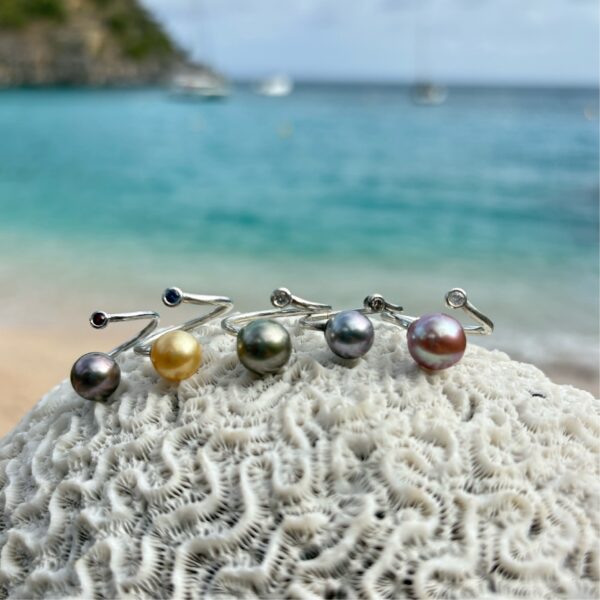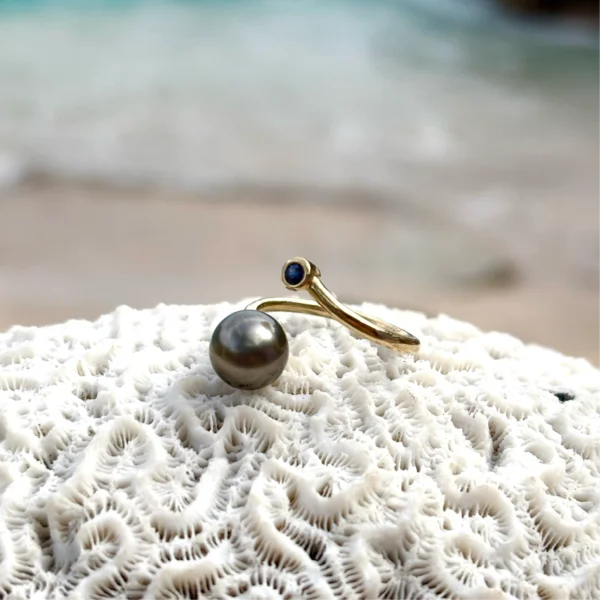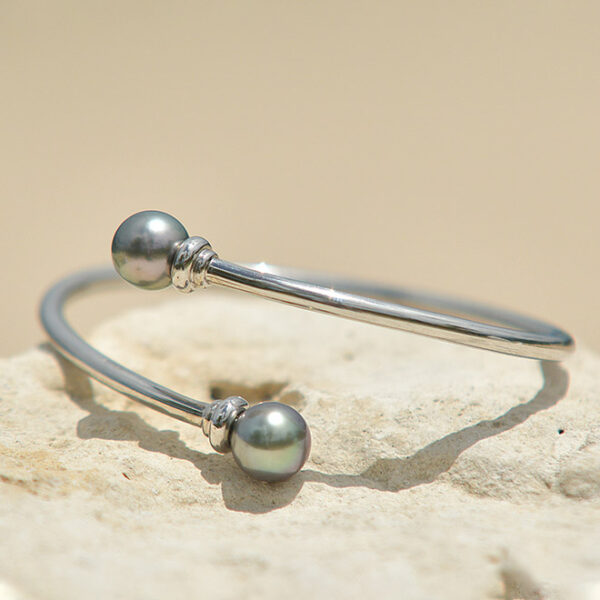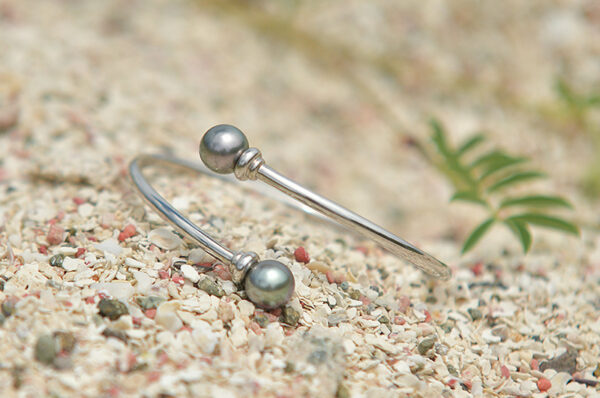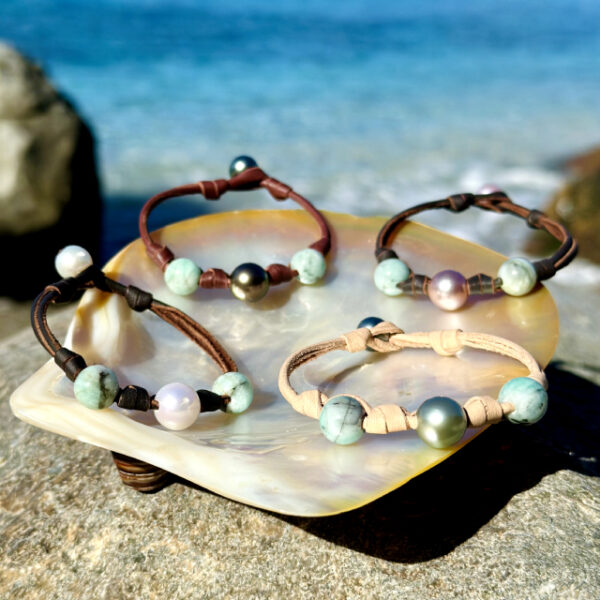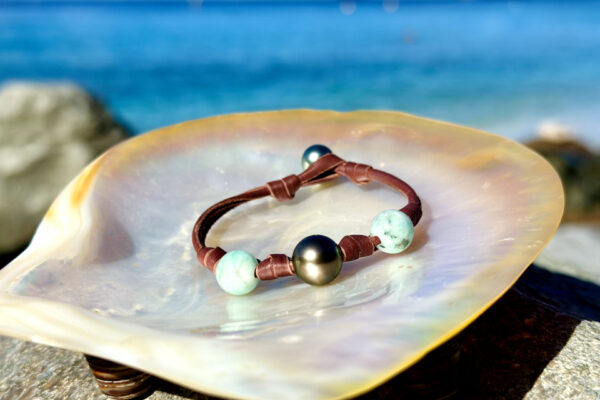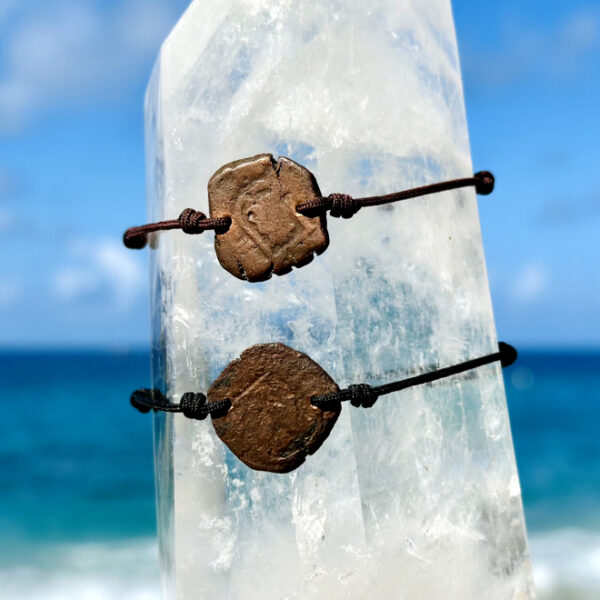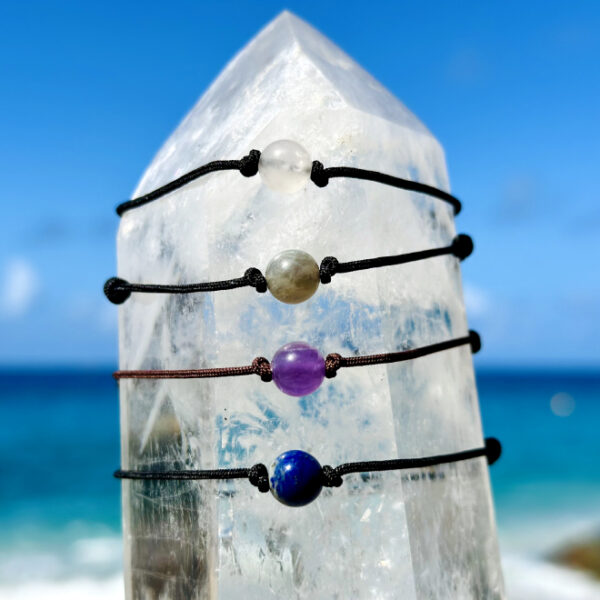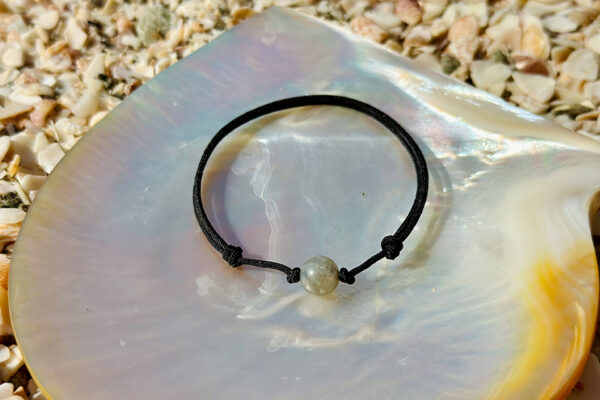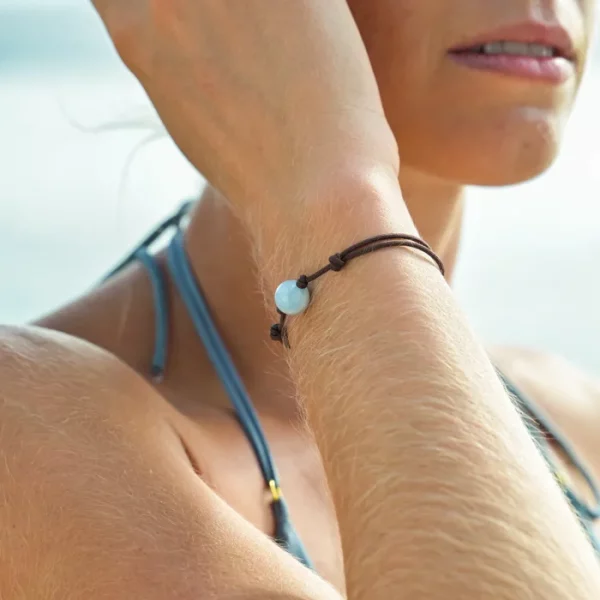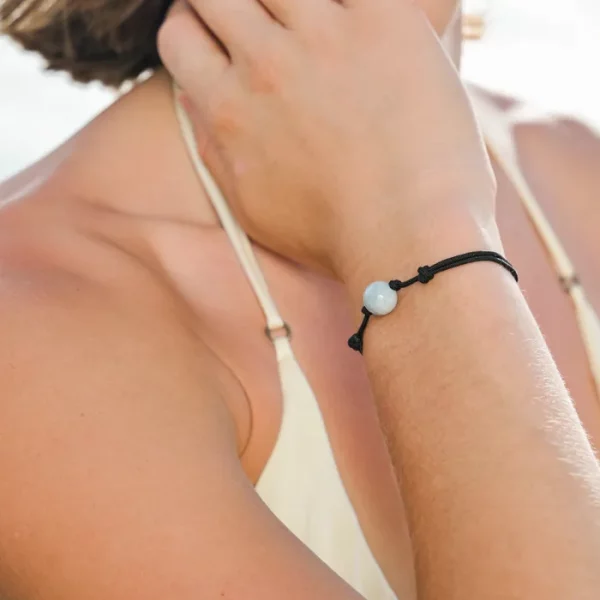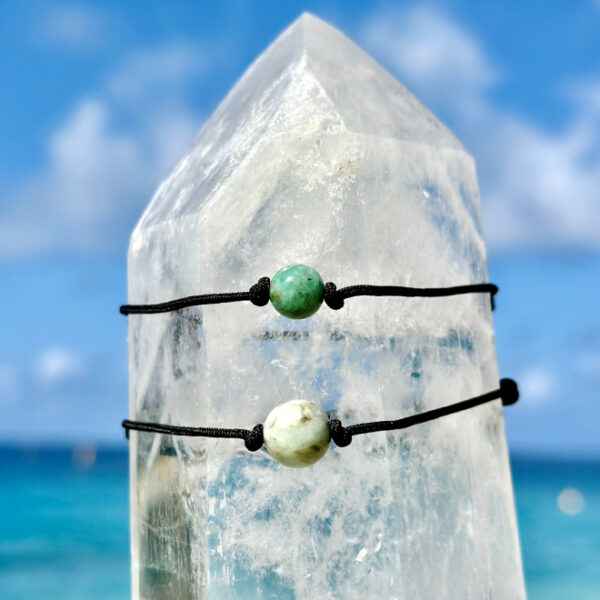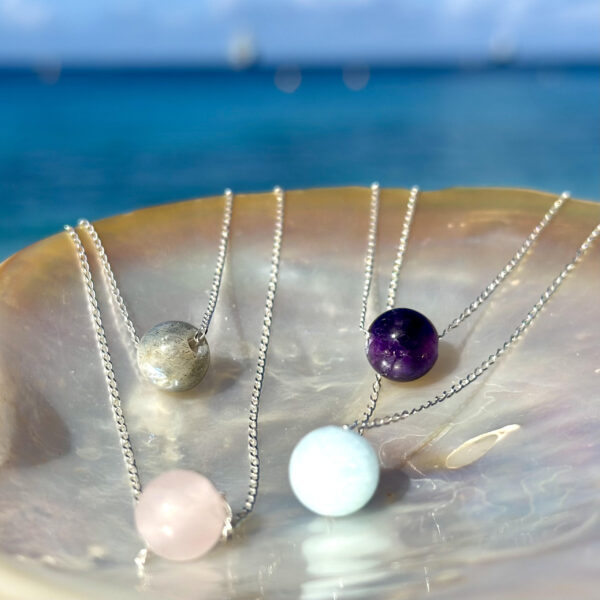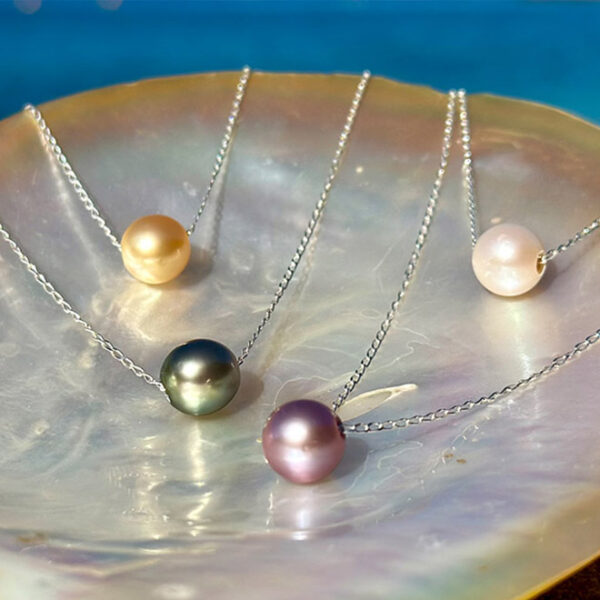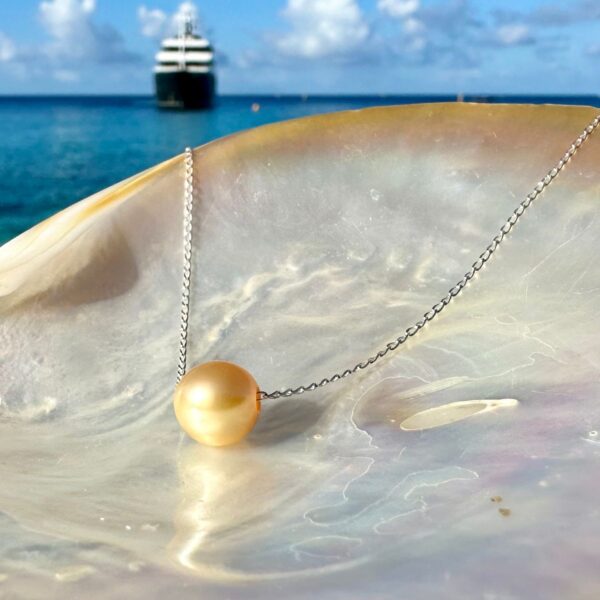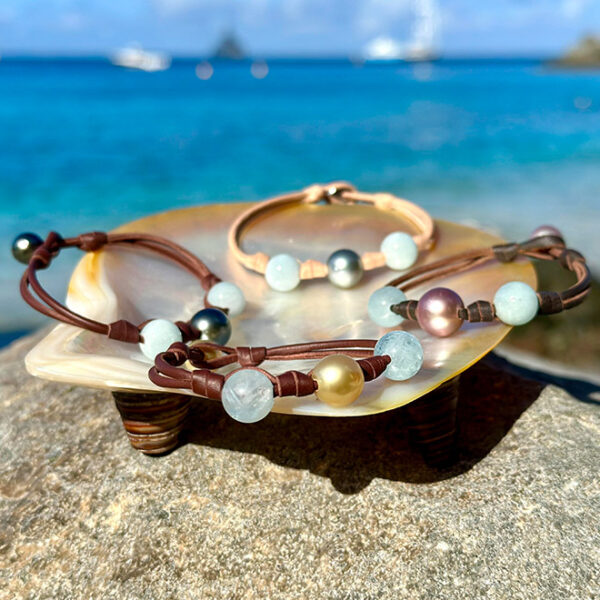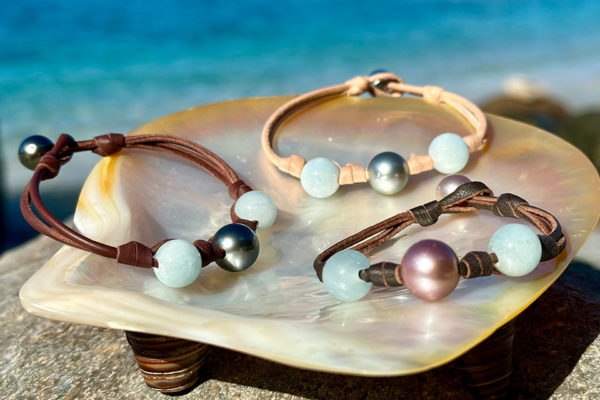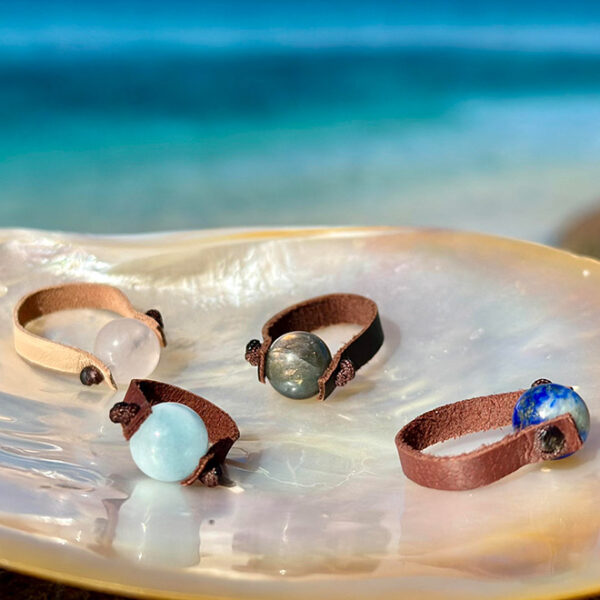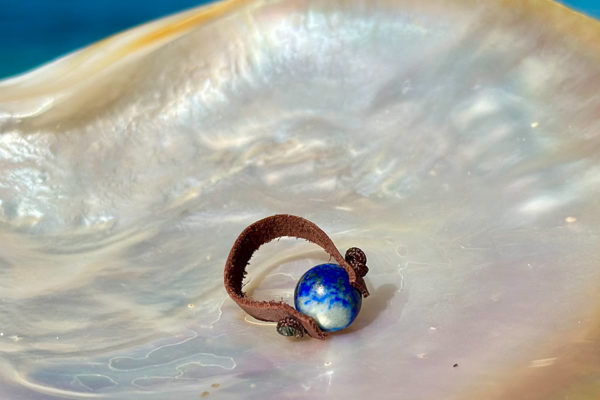You've added...
The Importance of Certifications and Guarantees in Jewelry
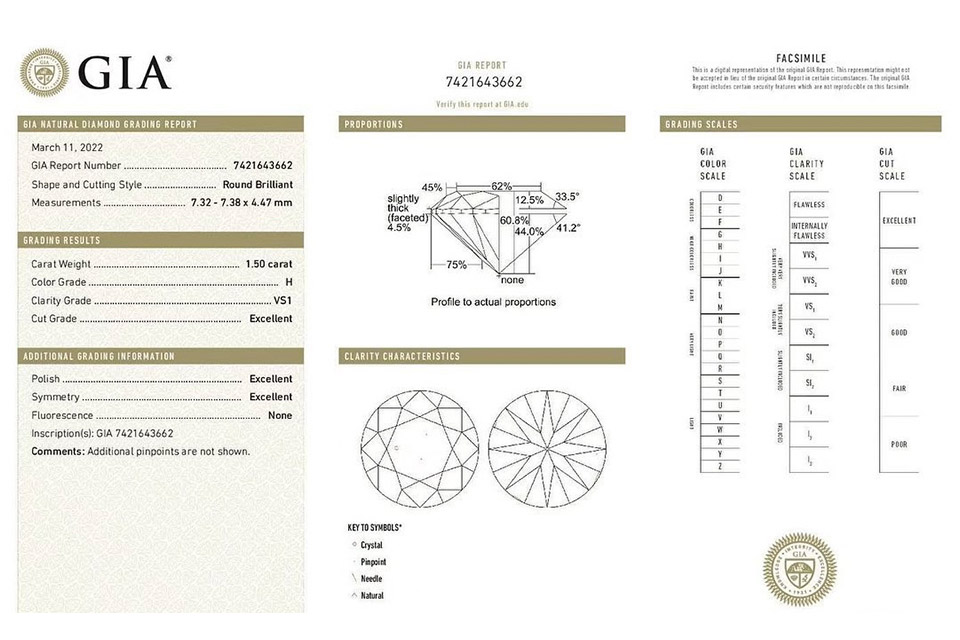
Publié le 17/09/2024
The jewelry industry, rich in its history and heritage, is a field where art meets craftsmanship. For centuries, jewelry has been not only symbols of beauty and status but also significant investments. Over time, this industry has evolved, embracing both traditional techniques and modern innovations. In a world where quality and authenticity are increasingly sought after, the importance of reliability and quality has never been more crucial.
With the rise of consumer awareness and the increased availability of information, trust has become a key factor in purchasing jewelry. Customers are no longer just looking for aesthetics in their jewelry; they are also seeking the guarantee that what they are buying is authentic, ethically sourced, and of a quality that matches its price. In this context, the certifications and guarantees offered by jewelers and jewelry manufacturers play a crucial role. They not only reassure customers about the quality of their purchase but also reflect the brands’ commitment to transparency and responsibility.
Types of Certifications in Jewelry
Diamond Certifications
Diamonds are often accompanied by certifications that evaluate their quality based on the “4Cs” criteria: Cut, Clarity, Color, and Carat. Organizations such as the Gemological Institute of America (GIA) or the International Gemological Institute (IGI) are renowned for providing these evaluations.
Mineral Certifications
Certifications are issued by specialized organizations, often recognized internationally. These entities operate with scientific rigor and essential neutrality to ensure the objectivity of the results. Established gemologists are also good sources for certifying your gemstones.
Pearl Certifications
In general, the pearl farmer provides an official document for the jeweler to handle the merchandise. Therefore, it is the jeweler who provides their own certificate, which will not mention their supplier. It is thus essential to have the utmost trust in the jeweler who sells you your pearls. The GIA is also one of the official certification bodies, but having a pearl sold with an official GIA certificate clearly impacts its price.
Precious metal certifications are essential to guarantee their purity and quality. Here are some examples of certifications for the most commonly used precious metals in jewelry, namely gold, silver, and platinum.
Gold Certifications
Gold is measured in carats, a unit that indicates the proportion of pure gold relative to other alloyed metals. For example, 24-carat gold is considered 99.9% pure, while 18-carat gold contains 75% gold and 25% other metals. Hallmarks, often stamped by official assay offices, not only indicate the purity of the gold but sometimes also the manufacturer and place of production.
Certifications such as those from the Responsible Jewellery Council (RJC) can also guarantee that the gold has been sourced and processed responsibly in ethical and environmental terms.
Silver Certifications
Sterling silver, for example, is an alloy composed of 92.5% pure silver and 7.5% other metals, usually copper. This composition is often certified and marked by a “925” stamp. Fine silver, known as “999 silver,” is silver in its purest form, without significant alloys. Its certification guarantees a purity of at least 99.9%. As with gold, silver hallmarks attest to its purity. These marks can vary depending on the country and local regulations.
Platinum Certifications
Platinum is usually sold in various purities, often marked by percentage. For example, “950” platinum is composed of 95% pure platinum and 5% other metals. Platinum is also subject to hallmarks certifying its purity. These marks often indicate the exact purity of the metal, the manufacturer, and sometimes the place of production. Like other precious metals, platinum can be certified to ensure it is sourced and processed ethically and sustainably.
Examples of Recognized Certifications
- Gemological Institute of America (GIA): Specializing in diamonds, gemstones, and pearls, the GIA is one of the most respected certification bodies in the world.
- International Gemological Institute (IGI): Known for its diamond certifications, it also provides evaluations for colored stones and finished jewelry.
- Responsible Jewellery Council (RJC): This council focuses on promoting socially and environmentally responsible practices within the jewelry industry.
These certifications are guarantees for consumers, and they also represent a commitment from manufacturers and distributors to quality, authenticity, and responsibility. Thanks to these certifications, consumers can make informed decisions and invest confidently, for example, in high-quality cultured pearl jewelry.
Types of Guarantees Offered in Jewelry for Consumers
The quality guarantee ensures that the jewelry meets certain quality standards upon leaving the store. It generally covers manufacturing defects or issues inherent to the product itself. The money-back guarantee is often offered in the form of a return policy, allowing consumers to return the product within a specified timeframe for a full or partial refund if the product does not meet their expectations.
After-sales service is a type of guarantee that includes repair and maintenance of the jewelry after purchase. This may include services like cleaning, tightening of stones, or repairing damage, as well as a complete refurbishment of the jewelry with cleaning of its elements.
Certifications and Guarantees as Marketing Tools
- Highlighting Quality and Authenticity: Certifications, particularly those for diamonds and precious metals, are often emphasized in marketing to showcase the superior quality and authenticity of the products. They serve as tangible proof that the jewelry meets high standards.
- Strengthening Social and Environmental Responsibility: Ethical and ecological certifications are increasingly used in marketing campaigns to address consumers’ concerns about sustainability and ethics. They demonstrate a brand’s commitment to responsible practices.
- Using Guarantees to Reassure Customers: Guarantees such as return policies or after-sales services are often highlighted to reassure customers about the value of their purchase and the reliability of customer service.
Examples of Advertising Campaigns
- Tiffany & Co. and Diamond Certification: In its advertising, Tiffany & Co. emphasizes that each diamond is meticulously selected and certified. Their “The Tiffany Promise” campaign ensures that their diamonds are not only of the highest quality but also responsibly sourced.
- Pandora and Environmental Commitment: Pandora uses its RJC (Responsible Jewellery Council) certifications in its campaigns to highlight its commitment to reducing environmental impact and promoting ethical practices in the production of its jewelry.
- Rolex and the Quality Guarantee: Rolex, known for its luxury watches, offers a five-year warranty on its products, a point often emphasized in its advertising. This guarantee reinforces customer trust in the durability and reliability of their watches.
What to Do as a Consumer?
Buying jewelry is an important decision, often marked by personal sentiment or a significant investment. To ensure that your choice is both beautiful and trustworthy, it is crucial to prioritize certified and guaranteed jewelry. Here are some concrete actions to take for a well-informed and responsible purchase:
Look for Certified Jewelry
Prioritize quality and authenticity! When considering a purchase, look for jewelry that has been certified by recognized organizations. Whether you’re buying diamonds, cultured pearls, or precious metals, make sure they come with relevant certifications that attest to their quality and origin. Be aware of ethical issues! Choose brands that offer guarantees of ethical and ecological practices. Certifications like those from the Responsible Jewellery Council can help you identify jewelry made with respect for the environment and human rights.
Ask about certifications and guarantees. Get informed before purchasing! Don’t hesitate to ask the seller questions about the jewelry’s certifications. Ask for details about what these certifications cover and how they guarantee the product’s quality and authenticity. Understand the guarantee policies. Find out about the guarantee policies offered by the jeweler. This includes money-back guarantees, return policies, and after-sales services. These details are essential to ensuring your satisfaction and the durability of your purchase.
Make responsible purchases! Choose transparency and favor companies that are open about their manufacturing and sourcing processes. A jeweler who willingly provides information about their certifications and guarantees is often a sign of reliability. Support sustainable practices! By choosing certified and guaranteed jewelry, you not only protect your investment but also encourage sustainable and ethical practices in the jewelry industry.
By following these recommendations, you will not only ensure that you’re acquiring high-quality jewelry, but you will also help promote a more responsible and transparent future in the world of jewelry. Your choice has power: Use it to support excellence, ethics, and sustainability.
